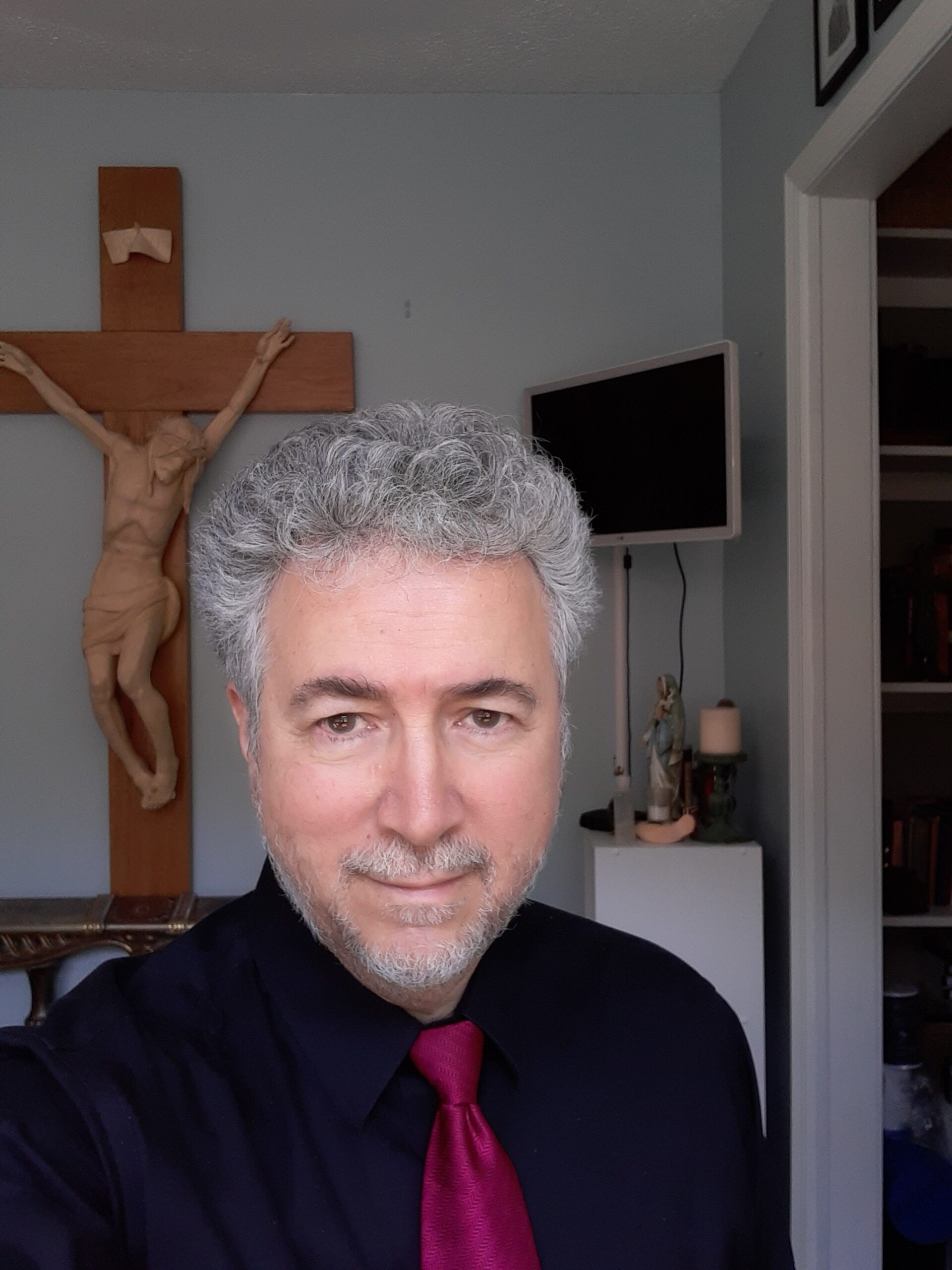x: I’m so sorry about your cousin. He’s in a better place now.
y: Thank you. How do you know?
x: How do I know what?
y: How do you know that he’s in a better place? Why do you assume this?
x: Well…. aren’t you Christian?
y: Yes.
x: Then you believe that when you die you go to heaven.
y: No, I don’t. There is no doctrine that everyone automatically goes to heaven.
x: You think your cousin is in hell?
y: No. The point is I don’t know if his soul is in heaven, hell, or purgatory.
x: Wasn’t he a nice guy?
y: Sure. But “nice guy” means very little. We are all sinners, and only God knows what he was guilty of, what he repented of, and how he responded to grace in his life. Since we are not privy to this information, we should never say or assume ‘he’s in a better place’.
x: But God is merciful. He would never send anyone to hell.
y: Love is both justice and mercy, not just one or the other, and God is Love (1 Jn 4:8). This means those who unrepentantly reject God and His offer for wholeness and everlasting joy have chosen hell for themselves. God offers but doesn’t force people to choose Him. The mystery-paradox is that He wants everyone to be saved while respecting their free will as created persons to reject His offer.
x: Okay… but there’s no harm in consoling someone like yourself who’s lost a loved one by saying they’re in a better place – is there?
y: Yes, there is. It is detrimental for the deceased. Your claim, which is based on nothing substantial, prompts Catholics to not pray or sacrifice for his soul. If one is in Heaven, there’s no need for intercessory prayer.
x: Huh?
y: Souls in heaven need no prayers since they have obtained the eternal bliss for which they were made. Souls in hell are not helped by prayer since their choice for eternal alienation from God is irrevocable. However, souls in purgatory need our prayers and sacrifices. Presuming a soul is in either heaven or hell does not help the deceased but does the opposite. We need to pray for the dead who may be experiencing purgation (2 Mac 12:46) before entering the fullness of God’s presence in heaven.
x: Since I’m a lapsed Catholic I don’t think of these things so much. It’s better for grieving loved ones to offer prayers for the deceased rather than assume he’s in heaven, or “a better place”?
y: No question. Telling grieving loved ones that the deceased is in a better place, although well-intended, is a bad habit that needs breaking – for the sake of the deceased.
x: Then let’s back up and let me say it a better way: I’m sorry for your loss and I will pray for your cousin, as well as for your consolation and peace.
y: Thanks, my friend. That I certainly appreciate!

